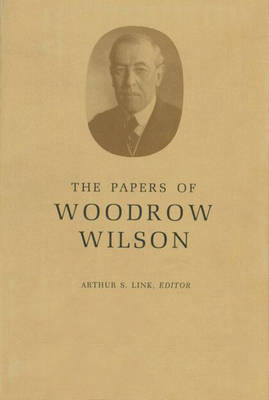Wilson and his administration find themselves in a "winter crisis," set off by the Fuel Administrator's limitations on use of coal by manufacturing and business concerns. Soon afterward, the administration's critics, led by Senator George E. Chamberlain, demand the creation of a super war cabinet to take control of the war effort from Wilson. Wilson defends his Secretary of War; oversees the drafting of the Overman bill; appoints Bernard M. Baruch head of the War Industries Board; and rallies Senate forces to defeat the Chamberlain bill. Meanwhile, the Austro-Hungarian Foreign Minister and American diplomats negotiate secretly for a separate peace between Austria-Hungary and the United States and the Allies. Wilson goes before a joint session of Congress on February 11 to continue his dialogue with the leaders of the Central Powers. The Germans reply, on March 3, 1918, by imposing the punitive Treaty of Brest-Litovsk on a prostrate Russia. Wilson stands firm in opposing any Japanese move into Siberia; he sends a message of friendship to the fourth All-Russia Congress of Soviets.
As the volume ends, he corresponds with Emperor Charles through the King of Spain about the possibilities of a separate peace for Austria-Hungary.
- ISBN10 0691047065
- ISBN13 9780691047065
- Publish Date 21 June 1984
- Publish Status Active
- Publish Country US
- Imprint Princeton University Press
- Format Hardcover
- Pages 682
- Language English
- URL https://press.princeton.edu/isbn/9780691047065
